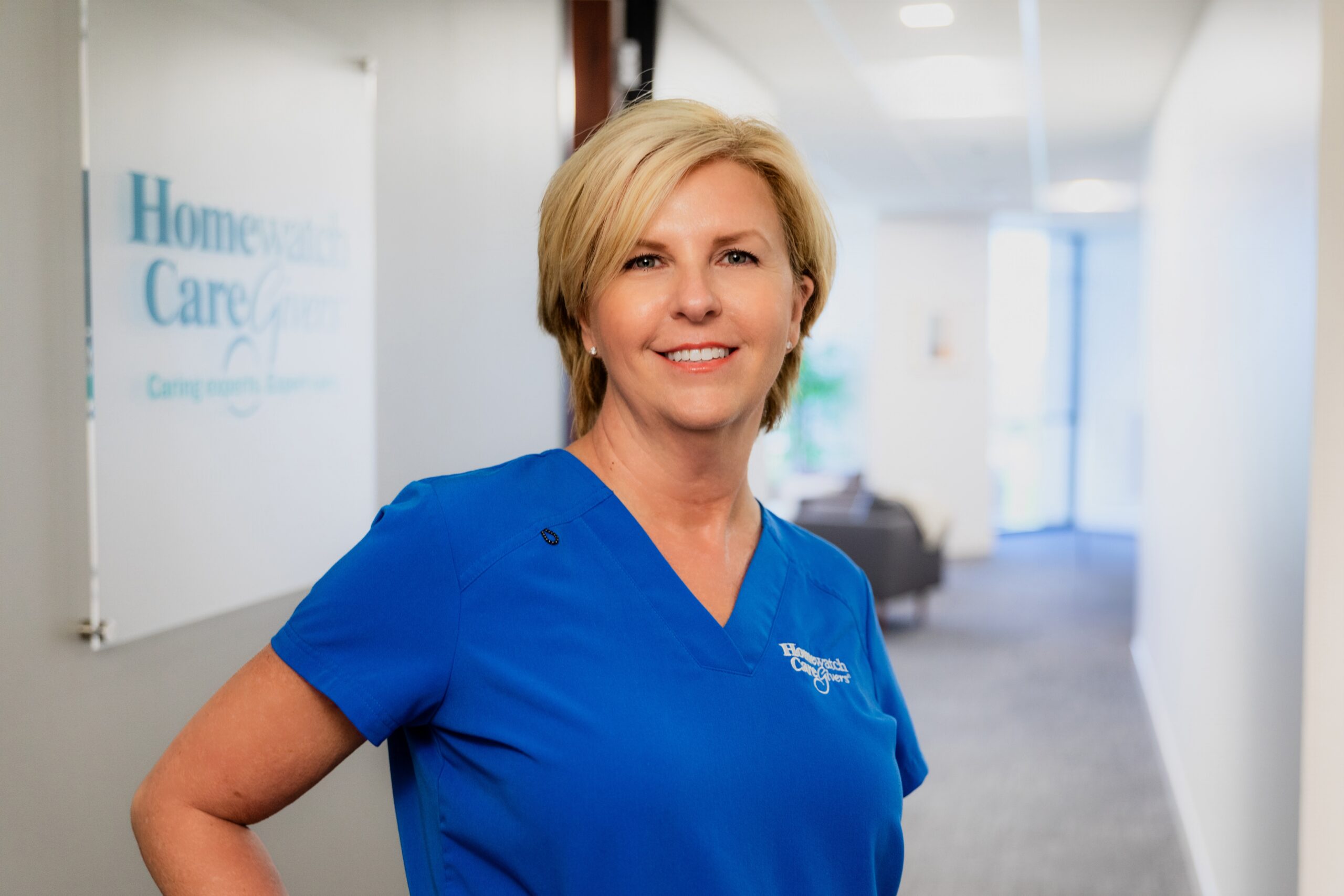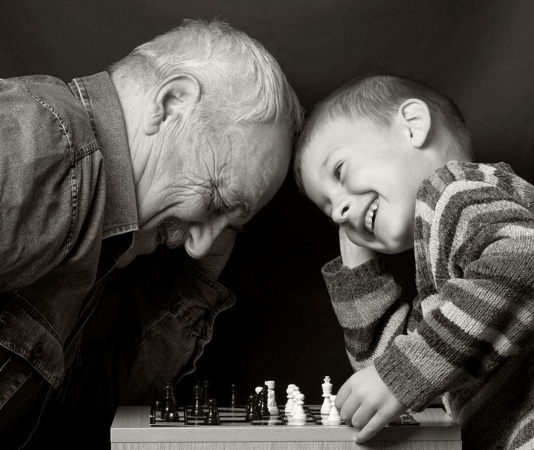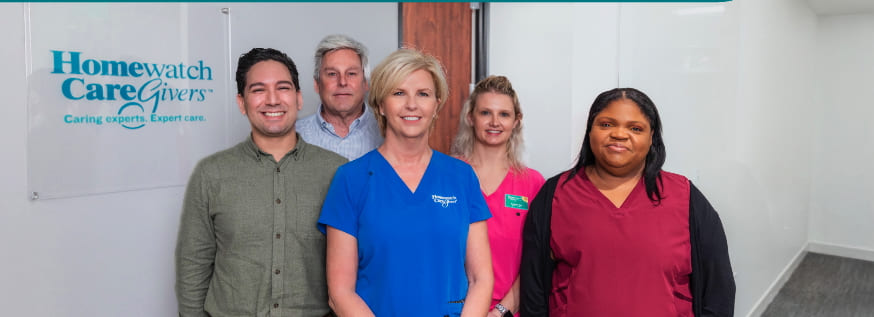Download the Build a Caregiving Business Brochure

How the Culture Is Shifting toward Person-Directed Care
February 10, 2020
In the past, long-term care for seniors or those living with mobility issues generally emphasized physical or medical health. While physical health is obviously important, this approach does not always take into consideration the person’s emotional health, desired lifestyle, or care preferences. Thanks to shifts in the culture surrounding aging and caregiving, person-directed care has gained significant traction over the last two decades.
Person-directed care gives the individual more agency in decisions that impact their wellbeing. This concept also recognizes that needs change from time to time and allows for responsive care. Many in the home health care industry, including Homewatch CareGivers® franchise owners, believe in this approach because it fosters dignity and compassion in both caregivers and those being cared for.
What People Want for Themselves and Loved Ones
The United States Census Bureau estimates that, in 2018, nearly 48 percent of the population was age 40 or older. As people watch their parents and loved ones age—and as they grow older themselves—they are beginning to think more and more about the kind of care they would want if and when the need arises. In an AARP study, research showed that 89% of seniors want to age in their own home.
Whereas once a skilled nursing facility seemed like the only option, families are turning increasingly to in-home, person-directed care. Seniors can age in place, benefitting from the familiarity of a space where they feel comfortable. This is especially beneficial to those living with dementia or Alzheimer’s disease, as it serves to minimize disorientation common in a new environment.
Defining Person-Directed Care
Homewatch CareGivers® franchise owners put our brand’s value statements into action by empowering clients to make decisions related to their care and continue living their preferred lifestyle to the best of their abilities. This person-directed approach to caregiving requires caregivers to see the client as a human being with valid thoughts and opinions and to build a genuine relationship with them. If the senior is unable to articulate his or her needs, caregivers should be able to default to habits and preferences they have learned or observed through this relationship. Ultimately, the conduit to well-executed person-directed care lies in building, growing, and respecting human connections.
Cultural shifts toward person-directed care make for a welcome alternative to a provider-directed medical model. The latter is the more traditional top-down approach that often shows minimal consideration for the wishes of the human being in need of care, with the bulk of the decisions made by some form of management or administration. Seniors essentially become charges, expected to adhere to the existing process or routine. It’s not hard to see how person-directed care better preserves a person’s self-determination, respect, and dignity.
Home Health Care that Respects the Individual
For more than 35 years, Homewatch CareGivers® has been ahead of the curve, placing our focus on compassionate, person-directed in-home health care since the beginning. Our franchise owners have seen firsthand the powerful effects of caring for seniors in a more holistic manner rather than forcing a one-size-fits-all approach. The result is seniors who are empowered to live their best lives.
If you want to be part of the shifting culture, we invite you to explore our person-directed in-home care franchise opportunity. Call (888) 718-5318 to learn more or get in touch with us online.
Recent News

From Growth to Impact: Homewatch CareGivers’ 2025 Milestones and 2026 Outlook
February 20, 2026

How to Start an In-Home Care Business: A Step-by-Step Guide
October 7, 2025

What to Expect as a Home Care Franchise Owner
May 6, 2025

5 Things to Know Before Starting a Home Care Franchise in 2025
April 1, 2025

Why Corporate Professionals Are Investing in Senior Care Franchises
April 1, 2025

Todd Houghton Named to 2025 Titan 100 – Celebrating Leadership in Home Care
March 21, 2025

















